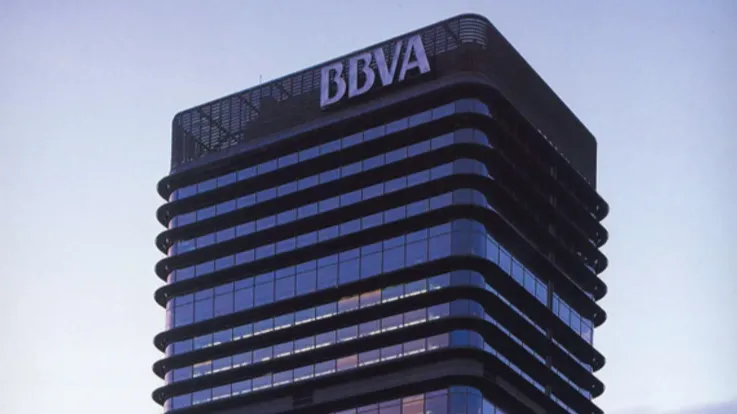HSBC has joined a growing number of banks calling for technology and social media companies to take more responsibility towards compensating victims of Authorised Push Payment (APP) fraud.
APP fraud losses in the UK surged to over $500 million in 2023, with new regulations coming into force in October requiring banks to refund most losses suffered as a result of APP fraud.
The Payment Systems Regulator (PSR) introduced these rules to boost protection for fraud victims and improve fraud prevention measures.
The regulations represent a significant change for the banking industry, as they make these refunds mandatory. Previously, banks could compensate clients on a voluntary basis.
With data from UK finance showing that 76% of APP fraud originates online and another 16% in the telecom sector, UK banks have long been pushing for big tech, social media and telecoms firms to shoulder more responsibility to collectively tackle the issue.
David Callington, HSBC’s UK head of fraud, is one of the latest senior executives campaigning for the change, asking for the broader environment to be held accountable.
He told the Guardian: "The wider ecosystem, and key players in the ecosystem, have to be held to account. They need the financial incentive.”
UK Finance, the British trade association for the UK banking and financial sector, has also been advocating for stronger regulations to combat APP fraud, urging the government to strengthen regulations for all sectors involved and make commitments such as signing for the UK Online Fraud Charter mandatory for tech companies.
The UK Online Fraud Charter is a voluntary agreement between the government and he technology sector, launched with the aim to tackle the issue of online fraud more effectively.
The charter currently includes commitments from major tech companies including Amazon, Google and Facebook.
Echoing the sentiment, Callington called for the extension of fraud accountability to other industries involved in the online space.
"What we would urge for is a shifting of some of those obligations into regulation, so there is an actual obligation on other sectors who are part of the ecosystem to take action and protect what are our common customers, our common users."
Latest News
-
Gemini to cut quarter of workforce and exit UK, EU and Australia as crypto slump forces retrenchment
-
Bank ABC’s mobile-only ila bank migrates to core banking platform
-
Visa launches platform to accelerate small business growth in US
-
NatWest to expand Accelerator programme to 50,000 members in 2026
-
BBVA joins European stablecoin coalition
-
eToro partners with Amundi to launch equity portfolio with exposure to ‘megatrends’
Creating value together: Strategic partnerships in the age of GCCs
As Global Capability Centres reshape the financial services landscape, one question stands out: how do leading banks balance in-house innovation with strategic partnerships to drive real transformation?
Data trust in the AI era: Building customer confidence through responsible banking
In the second episode of FStech’s three-part video podcast series sponsored by HCLTech, Sudip Lahiri, Executive Vice President & Head of Financial Services for Europe & UKI at HCLTech examines the critical relationship between data trust, transparency, and responsible AI implementation in financial services.
Banking's GenAI evolution: Beyond the hype, building the future
In the first episode of a three-part video podcast series sponsored by HCLTech, Sudip Lahiri, Executive Vice President & Head of Financial Services for Europe & UKI at HCLTech explores how financial institutions can navigate the transformative potential of Generative AI while building lasting foundations for innovation.
Beyond compliance: Building unshakeable operational resilience in financial services
In today's rapidly evolving financial landscape, operational resilience has become a critical focus for institutions worldwide. As regulatory requirements grow more complex and cyber threats, particularly ransomware, become increasingly sophisticated, financial services providers must adapt and strengthen their defences. The intersection of compliance, technology, and security presents both challenges and opportunities.
© 2019 Perspective Publishing Privacy & Cookies













Recent Stories